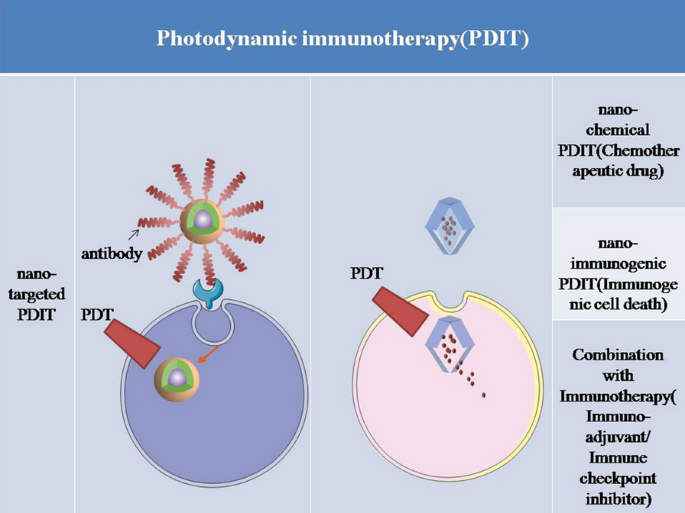
The Rise of Plant-Based Protein A Sustainable Solution
The Plant Protein Revolution: A New Era of Nutrition
Introduction:
In recent years, there has been a significant shift in the way people approach nutrition. Gone are the days when meat was the primary source of protein. Today, more and more people are turning to plant-based protein alternatives for a variety of reasons, ranging from health concerns to environmental sustainability. In this article, we’ll explore the rise of plant-based protein and why it’s becoming a popular choice for many.
The Rise of Plant-Based Protein: A Sustainable Solution
One of the main reasons for the rise of plant-based protein is its sustainability. Unlike animal-based protein sources, which require large amounts of land, water, and resources to produce, plant-based protein can be grown with minimal environmental impact. This makes it a more sustainable option for those looking to reduce their carbon footprint and live a more eco-friendly lifestyle.
Plant-Based Protein: A Nutrient-Rich Alternative
Another reason for the popularity of plant-based protein is its nutritional value. Many plant-based protein sources, such as beans, lentils, and quinoa, are rich in essential vitamins and minerals, including iron, calcium, and potassium. They also contain fiber, which is important for digestive health and can help lower cholesterol


